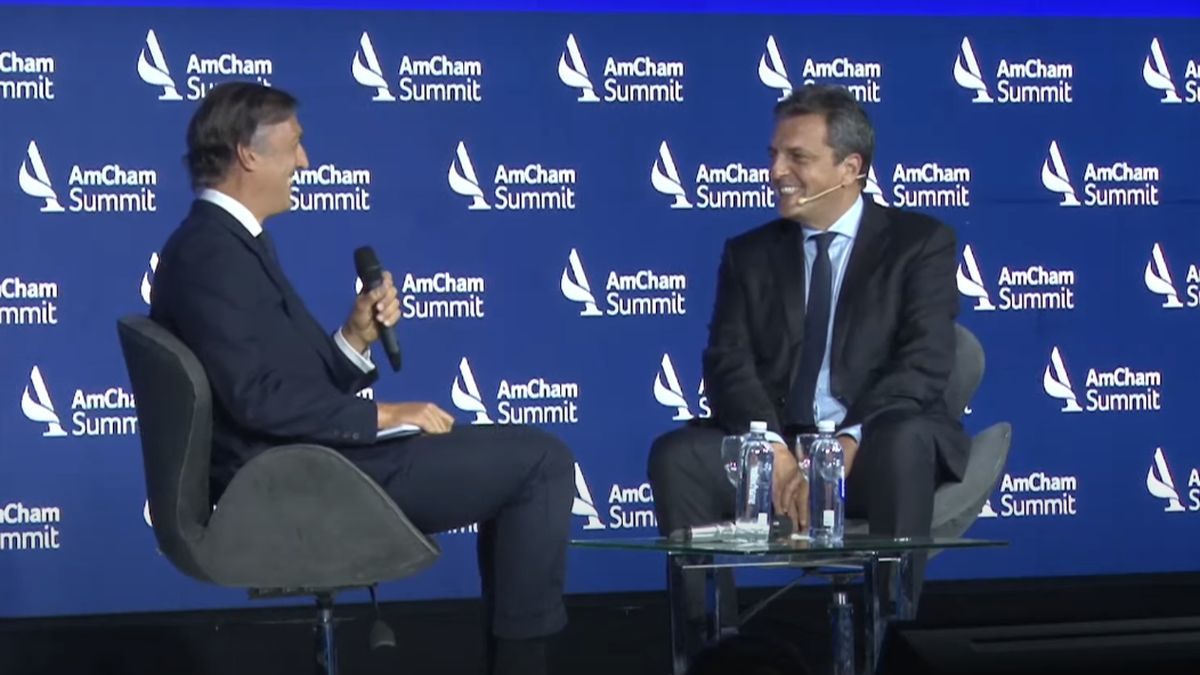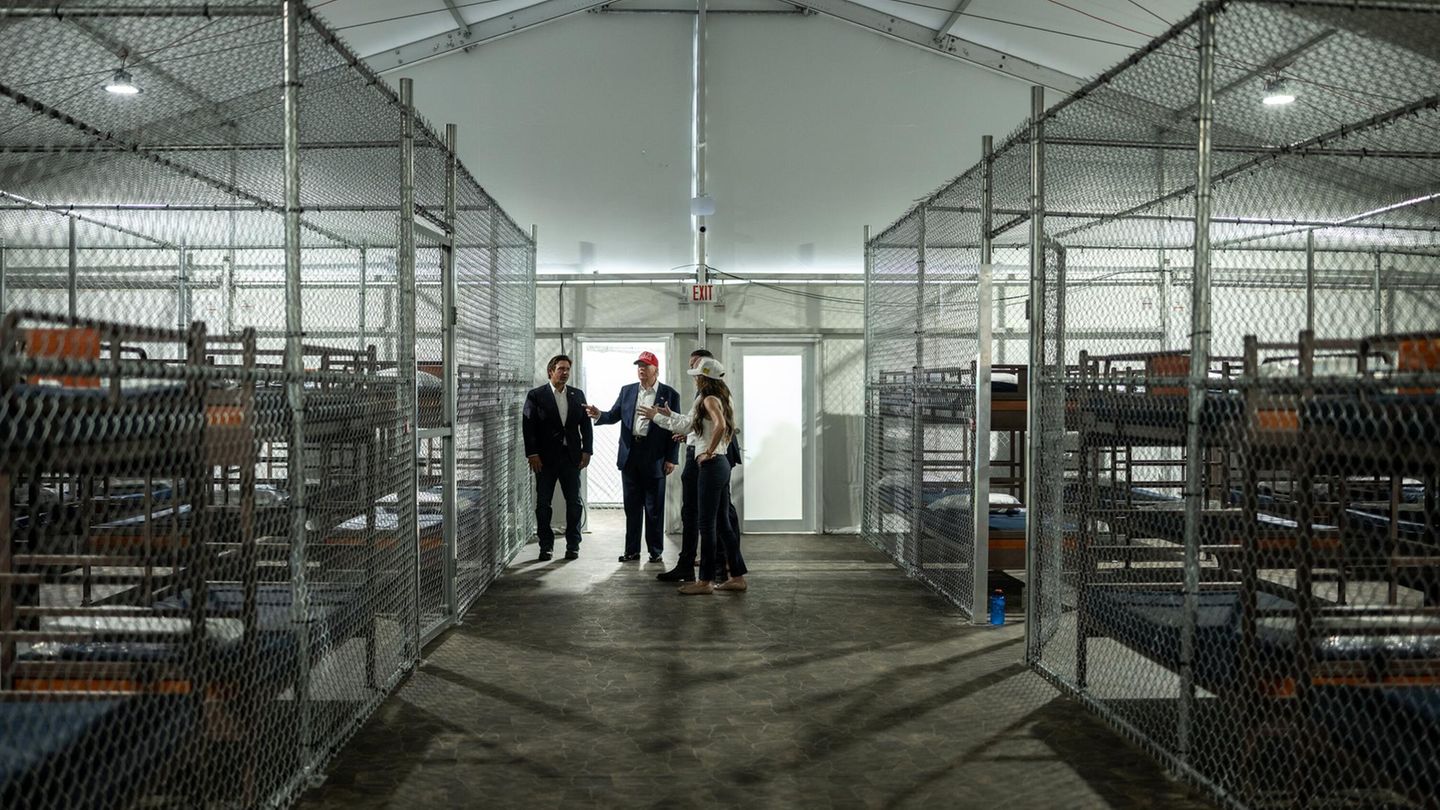“Argentina has a credit operation with the IMF which at this time involves disbursements and reimbursements of payments for drawing rights”, he explained at first about the current situation linked to the Extended Facilities agreement renegotiated as a result of the loan taken by the government of Mauricio Macri in 2018.
However, he clarified that at this moment they are renegotiating certain conditions due to the negative effects that the drought had on the Argentine State. The official estimated that the impact on the reserves will be a reduction in income of US$15 billion.
Massa on the renegotiation with the IMF
“The Fund proposes that the drought is a “game changing” of the program,” said and noted that the organization invited to rethink the country’s short and medium-term objectives to redefine the agreement. “We are going to look at how to design the flows and eventual disbursements in the program, beyond what we are discussing now,” he added.
When asked about the disbursements they expect to receive from the agency, Massa confirmed that “everything is on the table in the discussion with the Fund”.
Despite the fact that the IMF authorities do not look favorably on the interference of the BCRA in the exchange market, mainly due to the fragile situation in which Argentina’s international reserves find themselves, the minister confirmed that this will not be under discussion: “There is a central question that is the intervention capacity of the BCRA which is inalienable basically because electoral years in Argentina generate a feeling of uncertainty”.
And he explained why: “For the BCRA to have the capacity to intervene is to have tools to generate peace of mind at times when political uncertainty can generate some sensation of difficulty.”
Inflation
Regarding inflation, he chose to take a historical tour of recent years to account for the situation in which the country is. First of all, he referred to the agreement signed by Macri with the IMF, which “centrally had a difficulty which was that it faced a flight of very strong capital”. Subsequently, he considered that the rediscussion carried out by Martin Guzman (former Minister of Economy of Alberto Fernández) “was quite long” and took place in parallel to the renegotiation of the debt with private bondholders which, in his opinion, “was also long”. And he recalled that during that moment the pandemic appeared: “When you look, in 2020 there was 6% of GDP in issuance, 3.2% in 2021, 1.4% between January and August 2022. Obviously they generate a volume of pesos” .
Retracing that path “is difficult” if you want to do it “without curbing the level of activity, trying to sustain the capacity to function and without generating forced impoverishment by processes more linked to monetary decisions than to economic reality.”
The minister highlighted that, since he took over the management in Economy, “Between August and December 2022 there was a real 40% drop in spending and Temporary Advances were not used”. “Somehow you financed the bulk of the public sector with genuine financing, that ended up generating that in November and December there was a drop from 7.5% to 5% of inflation, 30%,” he explained. But he remarked that when the year began the drought came and had an impact on tax collection.
Wages
In this context, he emphasized that to lower inflation “The strongest incentive is to give stability to the bulk of the economic framework so that our industry continues to have the level it has and the levels of occupation and installed capacity that we have.”
Beyond highlighting the economic growth and the increase in employment recorded during the administration of the Frente de Todos, he considered that currently, with the impact of the drought, “we must take care of the level of activity”, although he also stressed the importance of recovering the value of the salary. “The great challenge we have is solving the purchasing power of income. We see a loss of purchasing power in wages, but we also see it in the formal middle sectors,” he said.
debt maturities
Regarding debt maturities, he highlighted that all public sector financing tenders carried out during the first four months of the year had a “positive net result” and expressed confidence that the May maturities for almost one trillion pesos “can be go seamlessly, working intelligently with banks, investment funds and institutional holders”.
“The second semester does not worry me because 85% of the tenure of maturities is within the public sector and in any case it will be a task of ordering,” Massa added during the business forum AmCham Summit 2023-Protagonists of the next Argentinawhich takes place in a hotel in Puerto Madero
Source: Ambito




